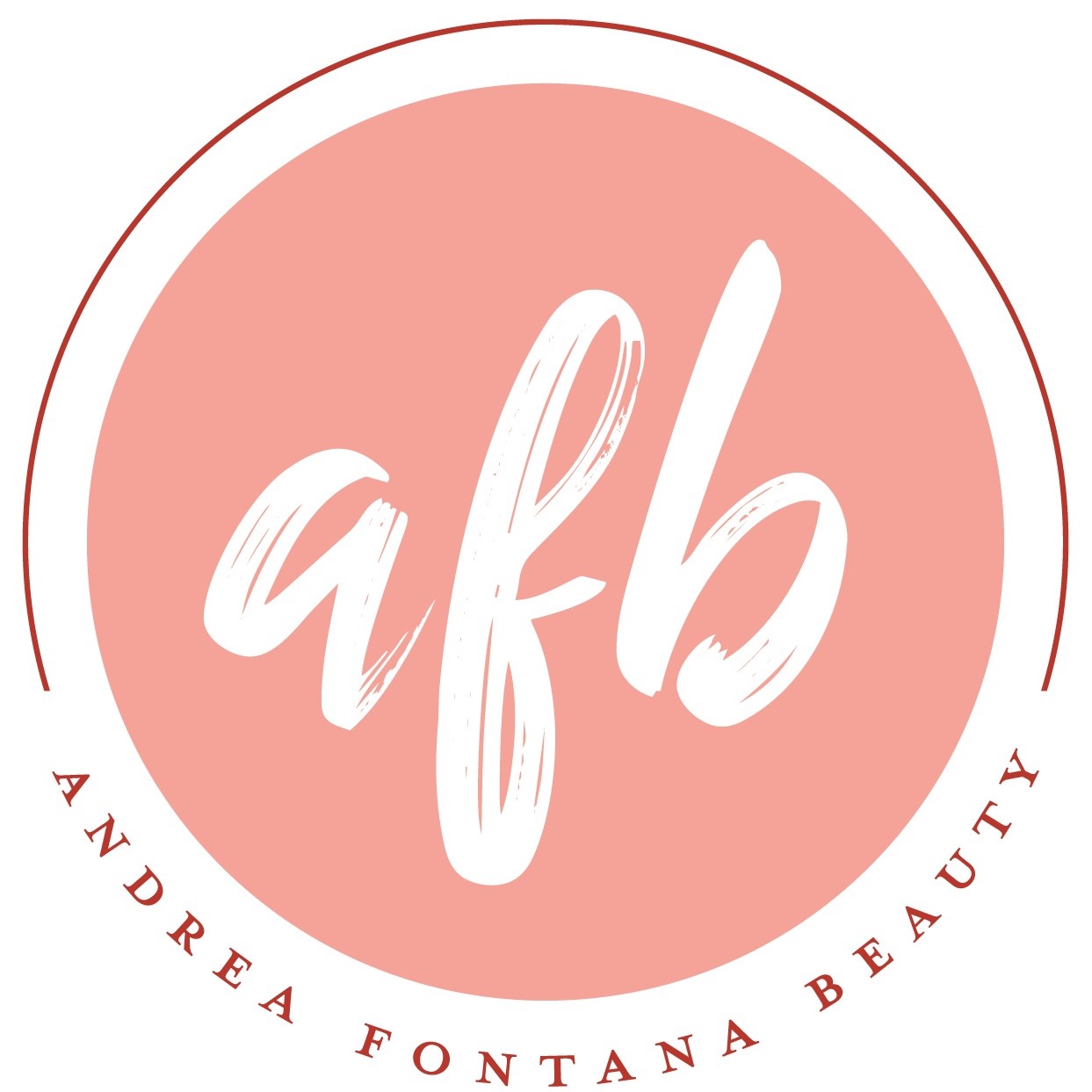Science of Skincare (S.O.S. #3): What is Cell Turnover and Why Should I Care About it?
/Welcome back!
Today I am going to be educating you on what cell turnover is and why you should care about yours. If you aren't that familiar with the skin and don't spend much time taking care of it, this is extremely important for you to know about. Cell turnover is huge when it comes to combating aging and keeping your skin healthy and glowing. I will be talking about exfoliation as well a little later on because it is a vital step in maintaining good cell turnover. If your mind immediately goes to apricot scrub, PLEASE do not stop reading this (also please throw it in the trash).
So what is cell turnover? It's the process of new cells being created in the lowest level of the epidermis and moving outwards towards the outermost layers, to where they will eventually slough off as dead skin cells. When targeted, it can help with so many skin issues which is helpful when trying to combat more than one issue at a time.
As we age, the time that it takes for a cell to move through this process and become a dead skin cell lengthens, meaning your cells aren't renewing as quickly. This is why skin starts to lose it's glow as we age. The dead skin cells can sit on the surface causing your skin to look dull and can prevent products from penetrating well. No matter how much you try to, you cannot hydrate a dead skin cell. Ever wondered why a baby's bottom is so smooth? They have ridiculous rates of cell proliferation and their skin cells turnover very quickly. Did I just depress you? Hopefully I can bring your spirits back up by telling you how exfoliation can combat aging!
Exfoliation is the process of removing dead skin cells from the surface of the skin. It can be done by buffing, scrubbing, chemically breaking down different components of the skin and more. It's generally broken down into two different categories of physical and chemical exfoliation; physical being those that buff or scrub the dead skin cells away and chemical being those that dissolve the keratin or other cells to get rid of the dead skin cells. The exact type of exfoliation that you need is completely dependent on your skin and preferences (although if you've read previous posts you probably already know that I believe in chemical over physical for most).
If you're going to use a physical exfoliator you want to make sure that the ingredients creating the exfoliation can dissolve (i.e. sugar, jojoba beads (made of wax),etc.). Things like apricot scrubs can cause micro-tears in the skin so please don't use them EVER. If you have any acne you definitely want to stray away from physical exfoliation because it can spread bacteria and increase inflammation.
Chemical exfoliators are what I believe to be the most ideal for most skin types. I prefer to gently exfoliate a little bit every day instead of doing a really harsh form of exfoliation once in a while. This ensures that my cells are turning over consistently. I like it too because of the added benefits of keeping my pores unclogged and my skin less likely to break out. To do this, I recommend a few different types of products. You could use AHA's, BHA's, fruit enzymes, rice enzyme powders, or Retinoids, just to name a few. They vary in strength and carry other benefits besides exfoliation. For example, Glycolic Acid is my favorite AHA and while it's great for gently exfoliating my skin (I use it in my toner every night with Lactic Acid), it also helps stimulate collagen, thicken my skin, and aids in moisture retention for my skin. Some fruit enzymes can also contain brightening properties. If you have more questions about which chemical exfoliant is right for you, please send me an email or message and I'd be happy to help you. Below I've listed some examples of these chemical exfoliators (**Amazon links are affiliate links meaning I make a percentage of the sale if purchased through my link. If this makes you uncomfortable please feel free not to use. If you do, thank you! Your support helps me bring more content to you!)
Here's a quick list of benefits in speeding up cell turnover regarding different skin issues:
1. Post Inflammatory Hyperpigmentation (i.e. acne scarring): increasing cell turnover helps bring darkened and damaged cells to the surface and the scarring fades.
2. Sun Damage: depending on the amount of damage, increasing cell turnover can fade and lighten sun spots.
3. Dry skin: product absorption is much more effective when there are no dead skin cells building up on the surface.
4. Aging: serums and treatment products are more effective because they can penetrate.
5. Acne: pores are less likely to become trapped with dirt and oil and house bacteria, if dead skin cells aren't sitting on the surface.
6. Dullness: removing dead skin cells can remove the dull look of your skin and bring back your glow. Newer cells just simply look better than old ones.
7. Fine Lines: plumper and newer cells will decrease the appearance of fine lines.
I hope you learned more about your skin today and what you can do to combat aging and keep it healthy! As always, leave a comment below with requests for more S.O.S. topics that you'd like to see.
Until the next post,
Andrea












